The fight for Caribbean beaches
Colonial laws and new resorts could block residents from access
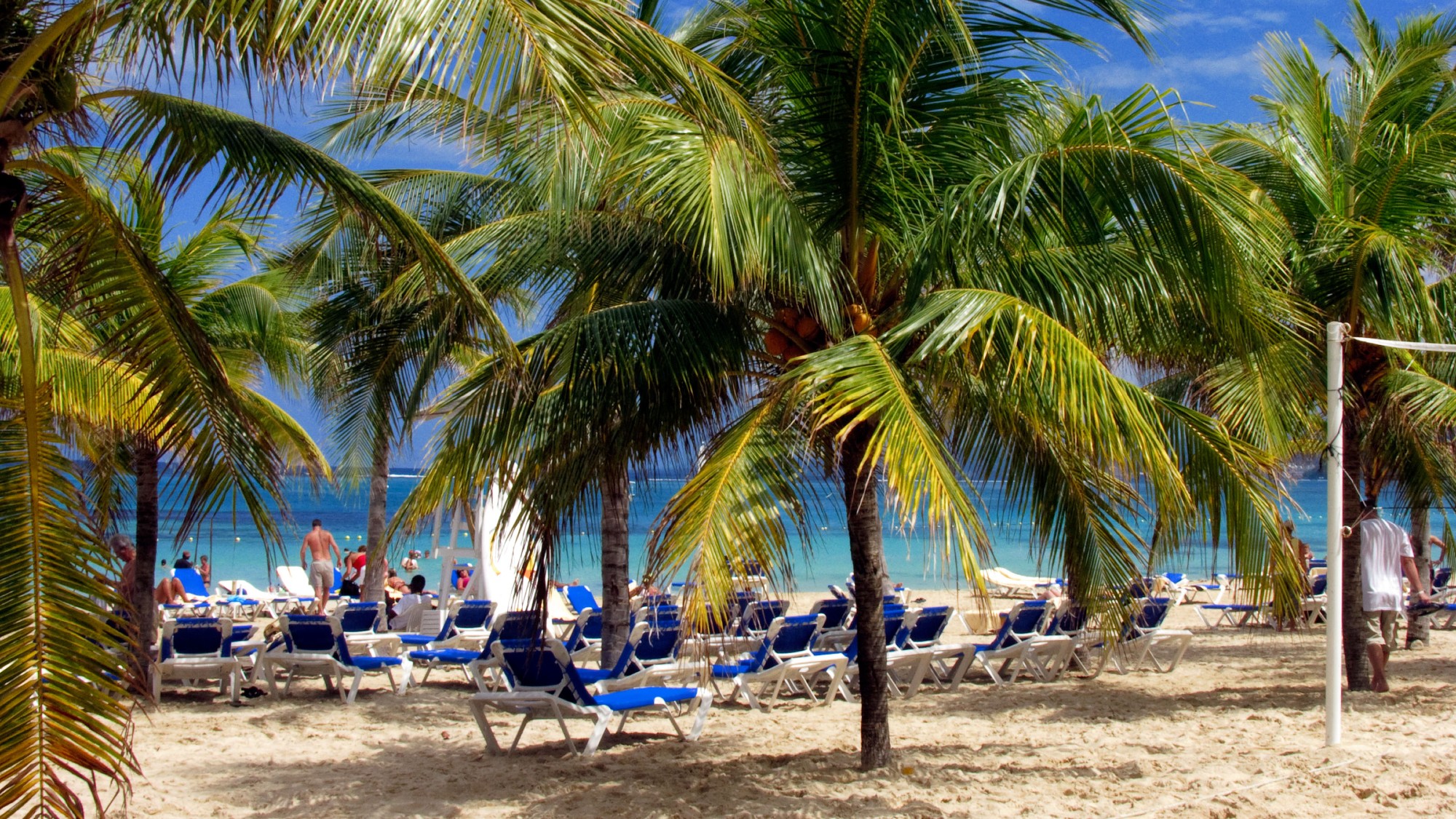
A free daily email with the biggest news stories of the day – and the best features from TheWeek.com
You are now subscribed
Your newsletter sign-up was successful
The Caribbean can boast some of the world's most beautiful beaches but for many of its population access to the sea and sand their island nations are famous for is getting harder.
Beach privatisation, where land is sold to multimillion-dollar developers building resorts for their exclusive clientele, has "become normalised throughout the Caribbean", reported The Guardian in June. This is "leaving citizens' access to public spaces threatened as the region's natural beauty and cultural birthright is jeopardised".
Jamaicans are among those fighting back. Earlier this year two of Bob Marley's children, Ziggy and Cedella, joined the grassroots campaign group Jamaica Beach Birthright Environmental Movement (JaBBEM), which wants to make unconditional access and use of Jamaica's beaches a constitutional right.
JaBBEM and other campaigners are taking legal action against companies and government agencies to protect beaches such as Bob Marley Beach in Bull Bay near Kingston and Little Dunn's River Beach near Ocho Rios on the north coast, reported The Voice. JaBBEM has three active cases in the courts and plans to file 17 more.
Local advocacy groups say less than 1% of Jamaica's coastline is accessible to the public. "We should be able to use our beaches. We are a beach community. We are beach people. We are a small island surrounded by water," one local told Al Jazeera's AJ+.
While the nation gained independence from the UK in 1962, "many laws from colonial rule remain intact", said the site, including the 1956 Beach Control Act. It states that the crown "maintains all rights to the foreshore", with the public having "no inherent right to access it".
Many question whether "remnants of the colonial mindset still prevail" in legislation that impacts citizens today, The Guardian added.
But just as an old colonial law prevents access to beaches, another historic law may help Jamaicans achieve their aim. The 1882 Prescription Act allows the public beach access if "they can prove that they've used it for fishing, bathing or recreation for 20 years without interruption", AJ+ said.
Beaches are woven deeply into not only the culture but also the livelihoods of the Caribbean people.
In Steer Town, near Little Dunn's River Beach, lifelong fisherman Norris Arscott previously accessed his nearest beach in 10 minutes. But now he is "forced to bike at 4.30 every morning along a busy highway" after developers built a cement wall "cutting off surrounding communities from the coast", AJ+ said.
"We have no choice but to go where they push us," the 70-year-old told the news site. "This colonial system is coming right back at us."
A free daily email with the biggest news stories of the day – and the best features from TheWeek.com
The Week
Escape your echo chamber. Get the facts behind the news, plus analysis from multiple perspectives.

Sign up for The Week's Free Newsletters
From our morning news briefing to a weekly Good News Newsletter, get the best of The Week delivered directly to your inbox.
From our morning news briefing to a weekly Good News Newsletter, get the best of The Week delivered directly to your inbox.
Rebekah Evans joined The Week as newsletter editor in 2023 and has written on subjects ranging from Ukraine and Afghanistan to fast fashion and "brotox". She started her career at Reach plc, where she cut her teeth on news, before pivoting into personal finance at the height of the pandemic and cost-of-living crisis. Social affairs is another of her passions, and she has interviewed people from across the world and from all walks of life. Rebekah completed an NCTJ with the Press Association and has written for publications including The Guardian, The Week magazine, the Press Association and local newspapers.
-
 The environmental cost of GLP-1s
The environmental cost of GLP-1sThe explainer Producing the drugs is a dirty process
-
 Greenland’s capital becomes ground zero for the country’s diplomatic straits
Greenland’s capital becomes ground zero for the country’s diplomatic straitsIN THE SPOTLIGHT A flurry of new consular activity in Nuuk shows how important Greenland has become to Europeans’ anxiety about American imperialism
-
 ‘This is something that happens all too often’
‘This is something that happens all too often’Instant Opinion Opinion, comment and editorials of the day
-
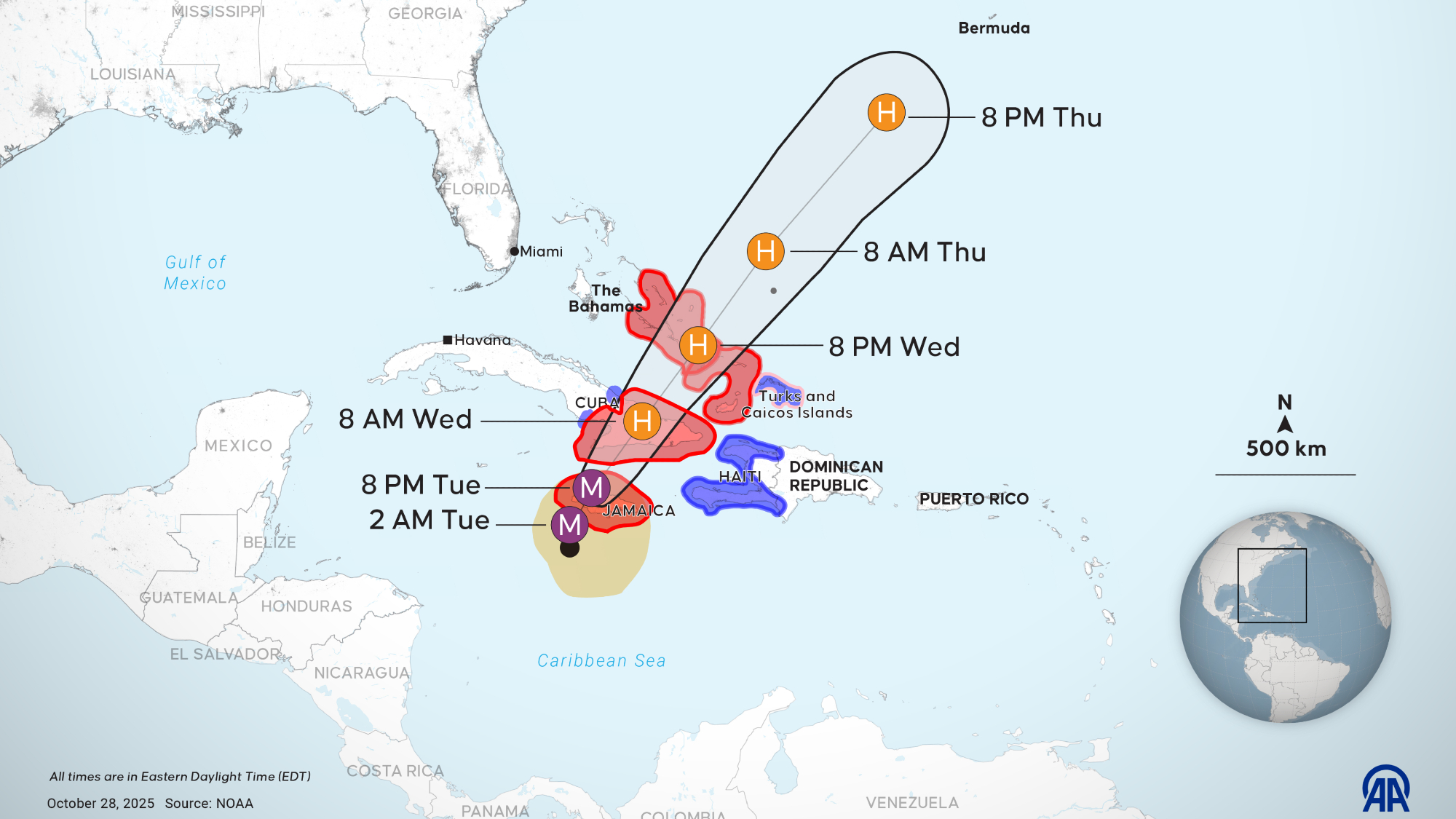 Hurricane Melissa slams Jamaica as Category 5 storm
Hurricane Melissa slams Jamaica as Category 5 stormSpeed Read The year’s most powerful storm is also expected to be the strongest ever recorded in Jamaica
-
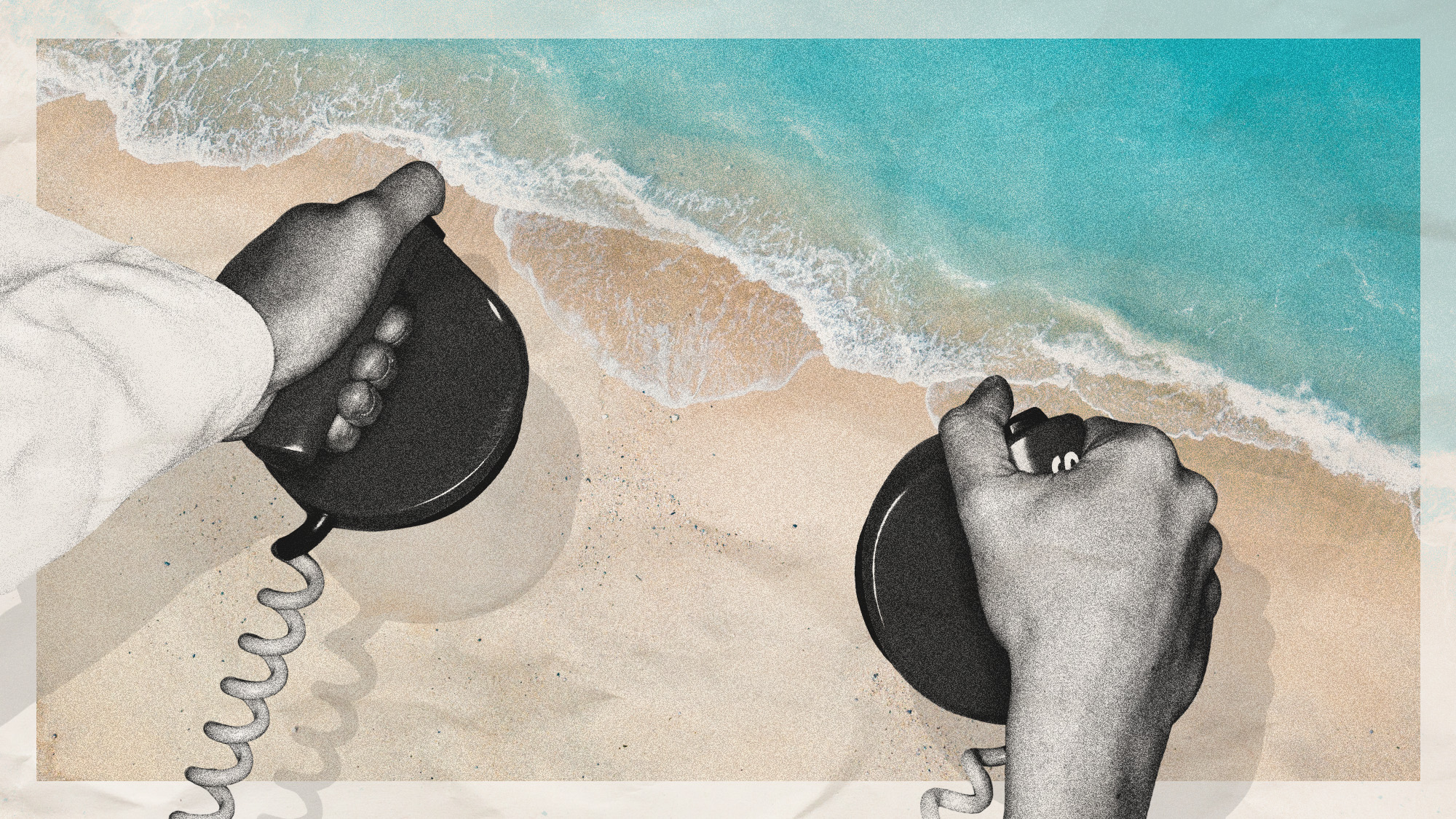 Scientists want to zap coastlines with electricity
Scientists want to zap coastlines with electricityUnder the Radar Beaches are in for a shock
-
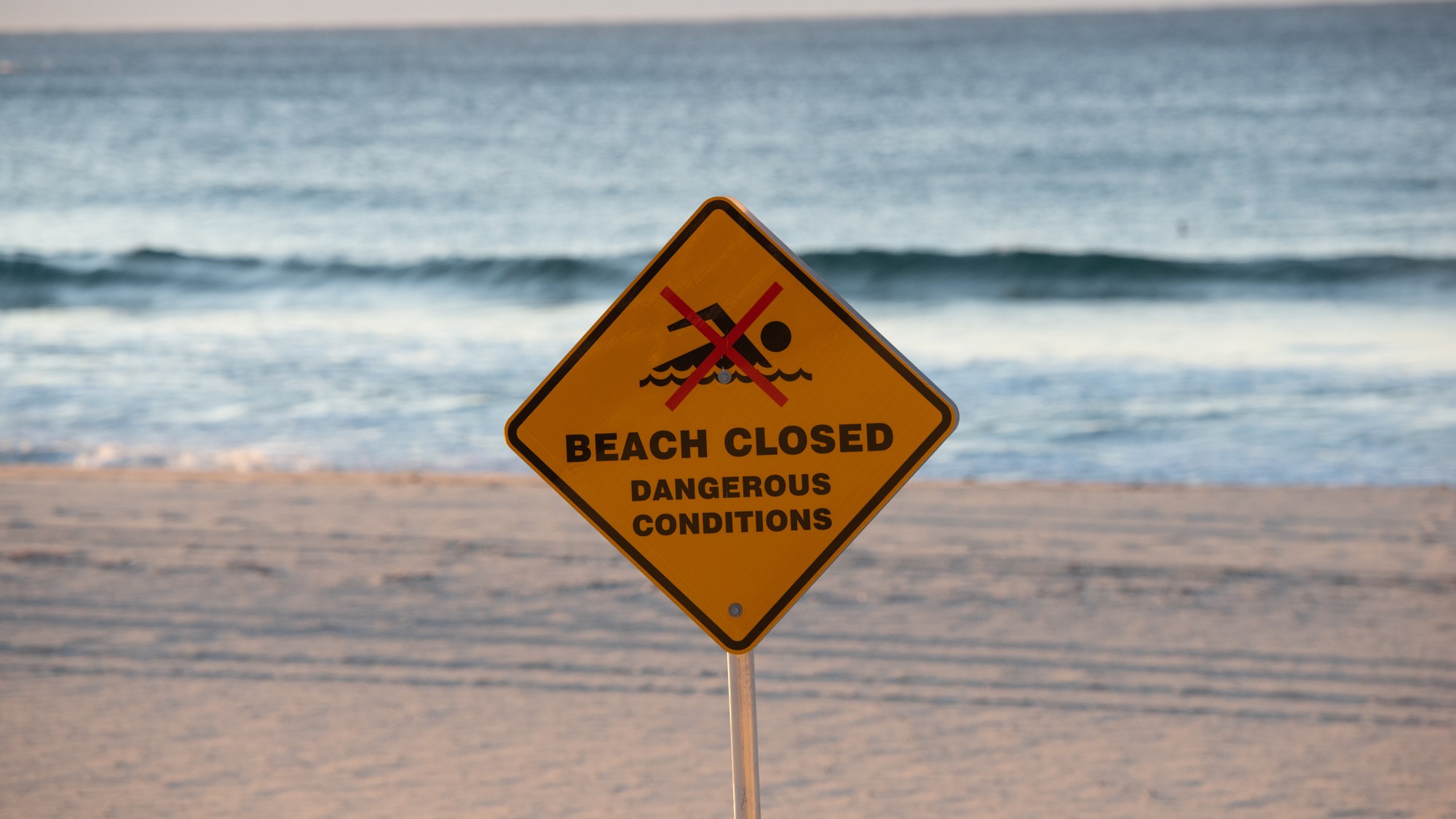 Why beaches are closing across the country
Why beaches are closing across the countryThe Explainer Step away from the water!
-
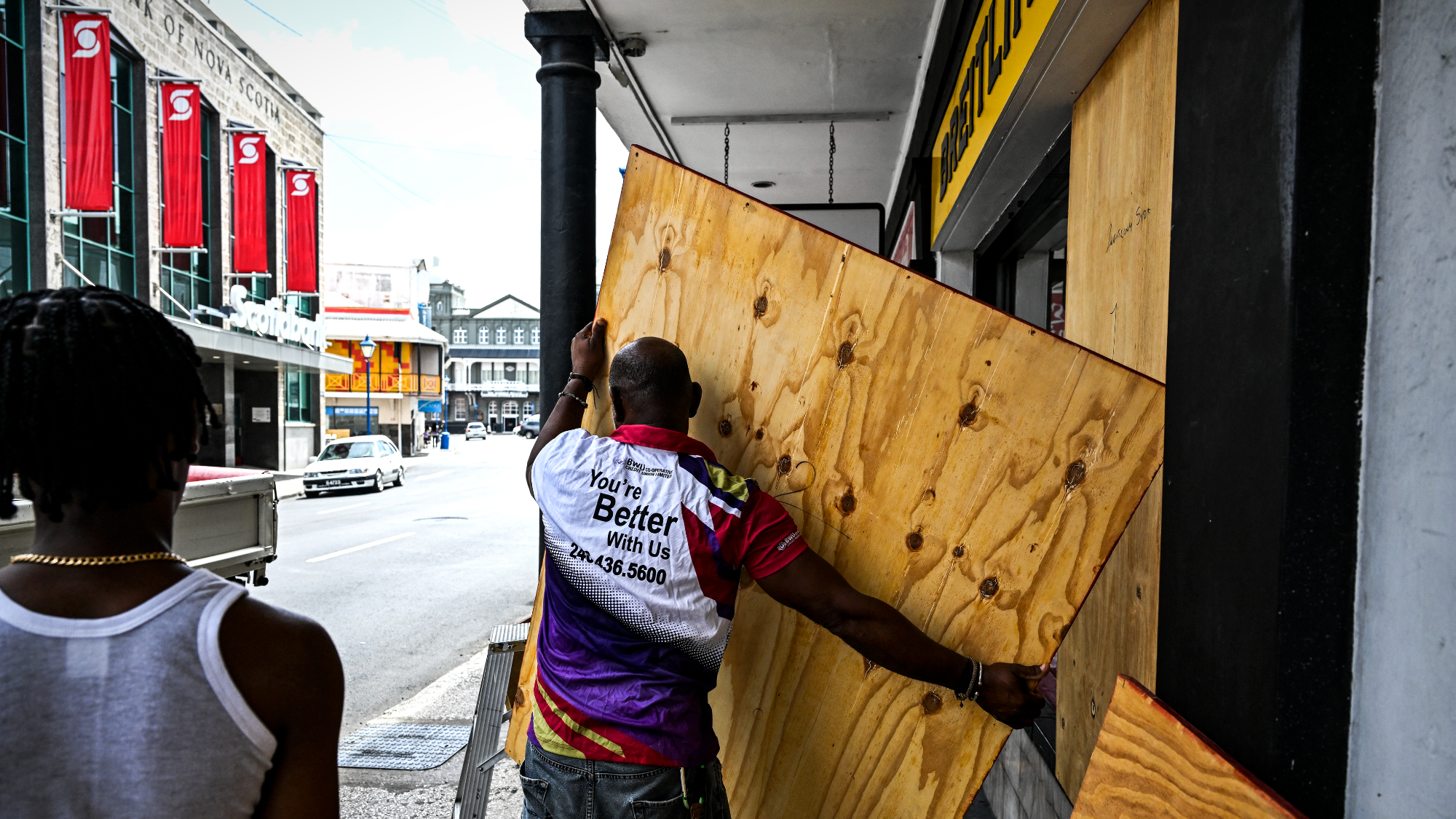 'Dangerous' Hurricane Beryl stalks Caribbean
'Dangerous' Hurricane Beryl stalks CaribbeanSpeed Read Beryl has strengthened from a tropical storm into a Category 4
-
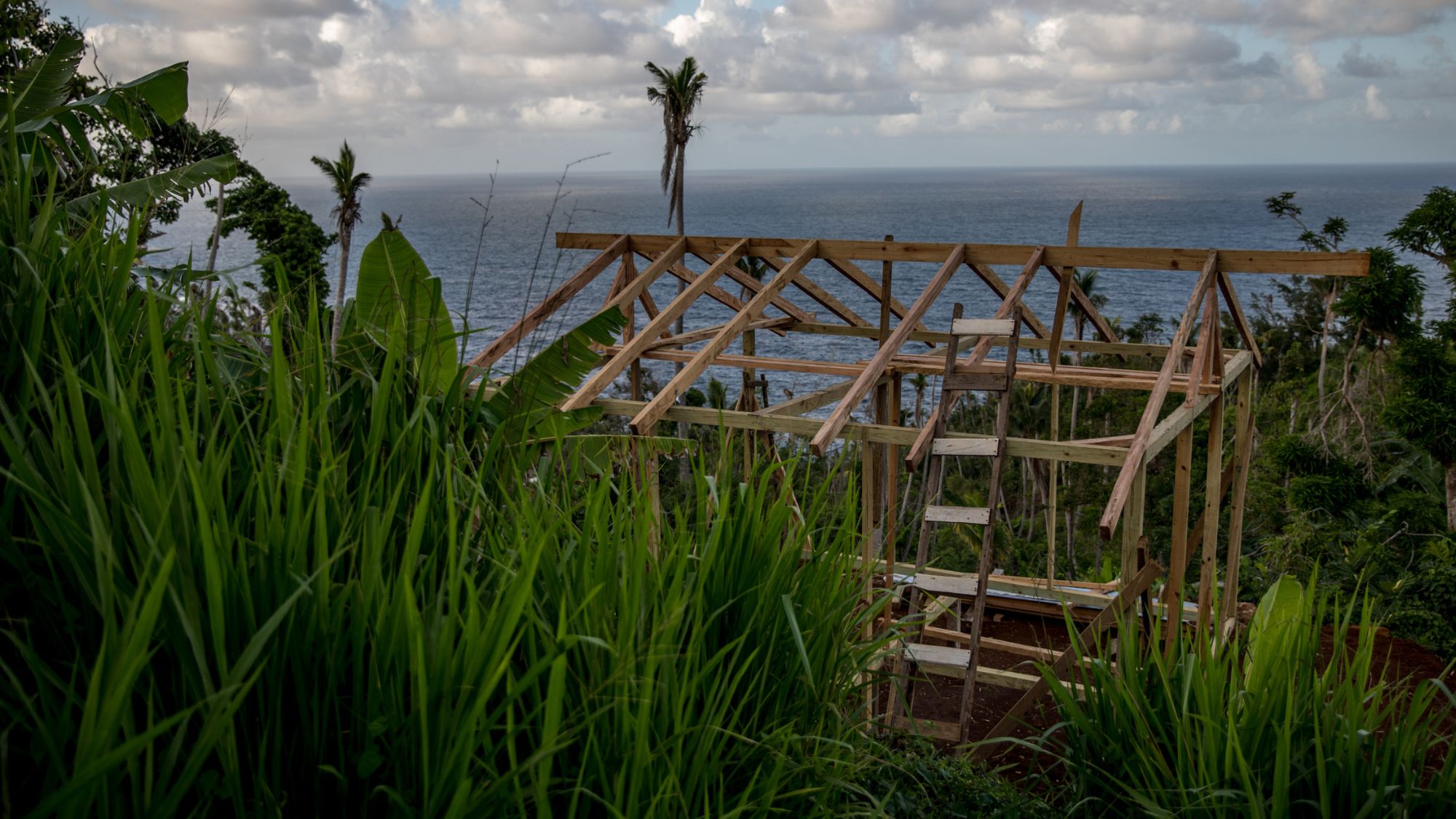 Dominica's journey to climate resilience
Dominica's journey to climate resilienceUnder the Radar The island nation is hoping to use Cop28 as a unique opportunity for climate assistance
-
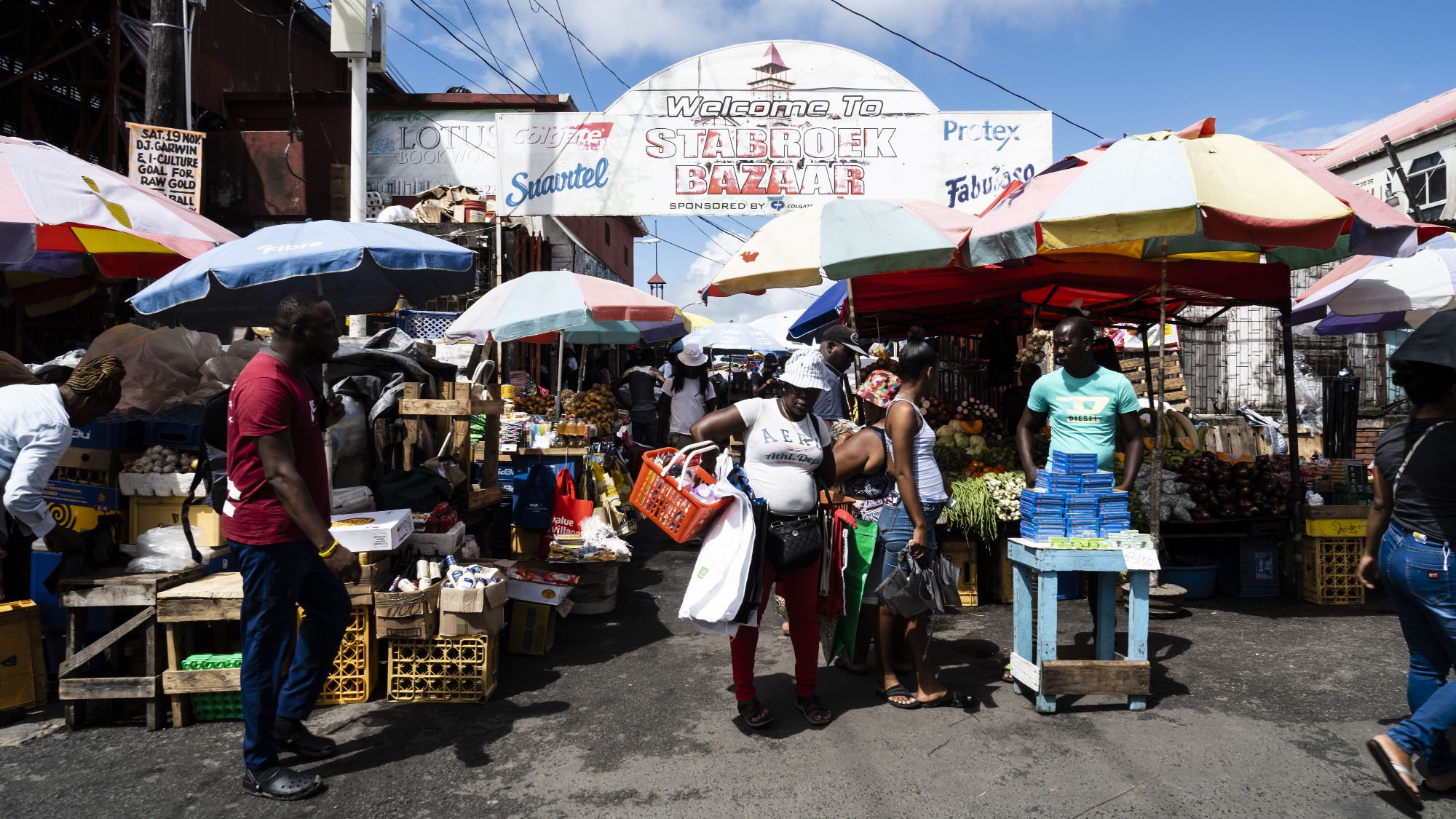 Guyana: the epicentre of oil 'arms race'
Guyana: the epicentre of oil 'arms race'Under the Radar The Stabroek oil block is growing the nation's economy - but is hotly contested
-
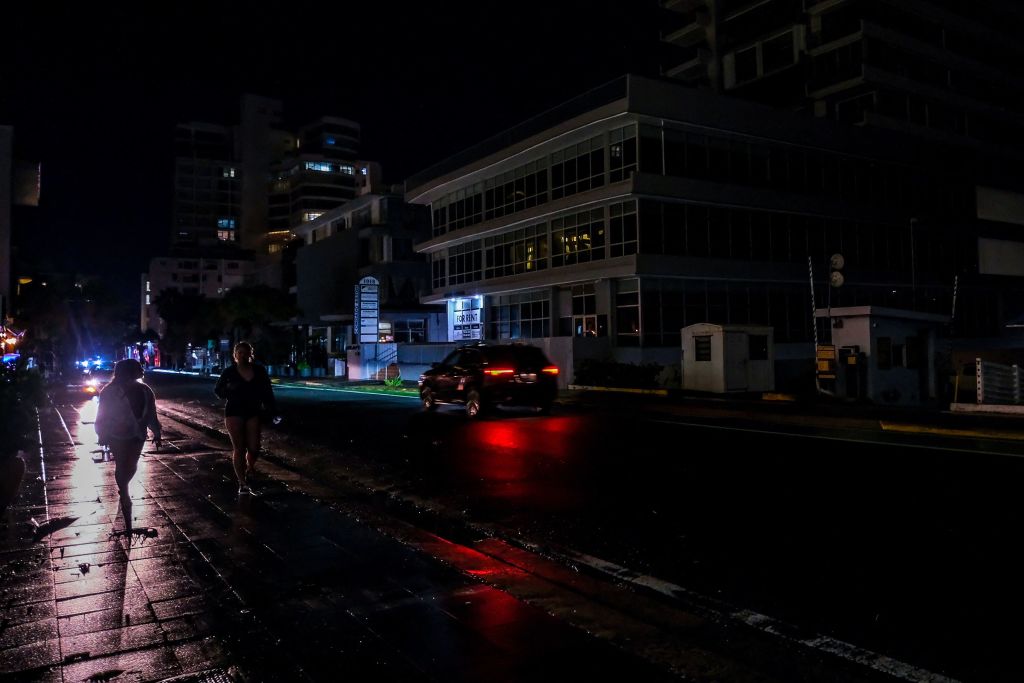 Diesel-loaded ship cannot dock in Puerto Rico, thousands remain powerless
Diesel-loaded ship cannot dock in Puerto Rico, thousands remain powerlessSpeed Read
-
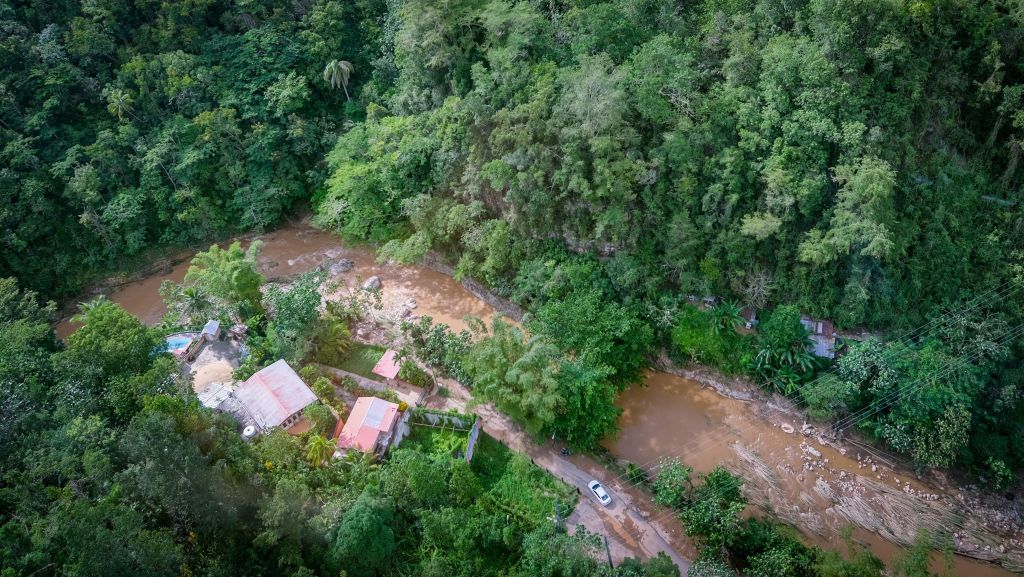 Hurricane Fiona strengthens to Category 4, heads toward Bermuda
Hurricane Fiona strengthens to Category 4, heads toward BermudaSpeed Read